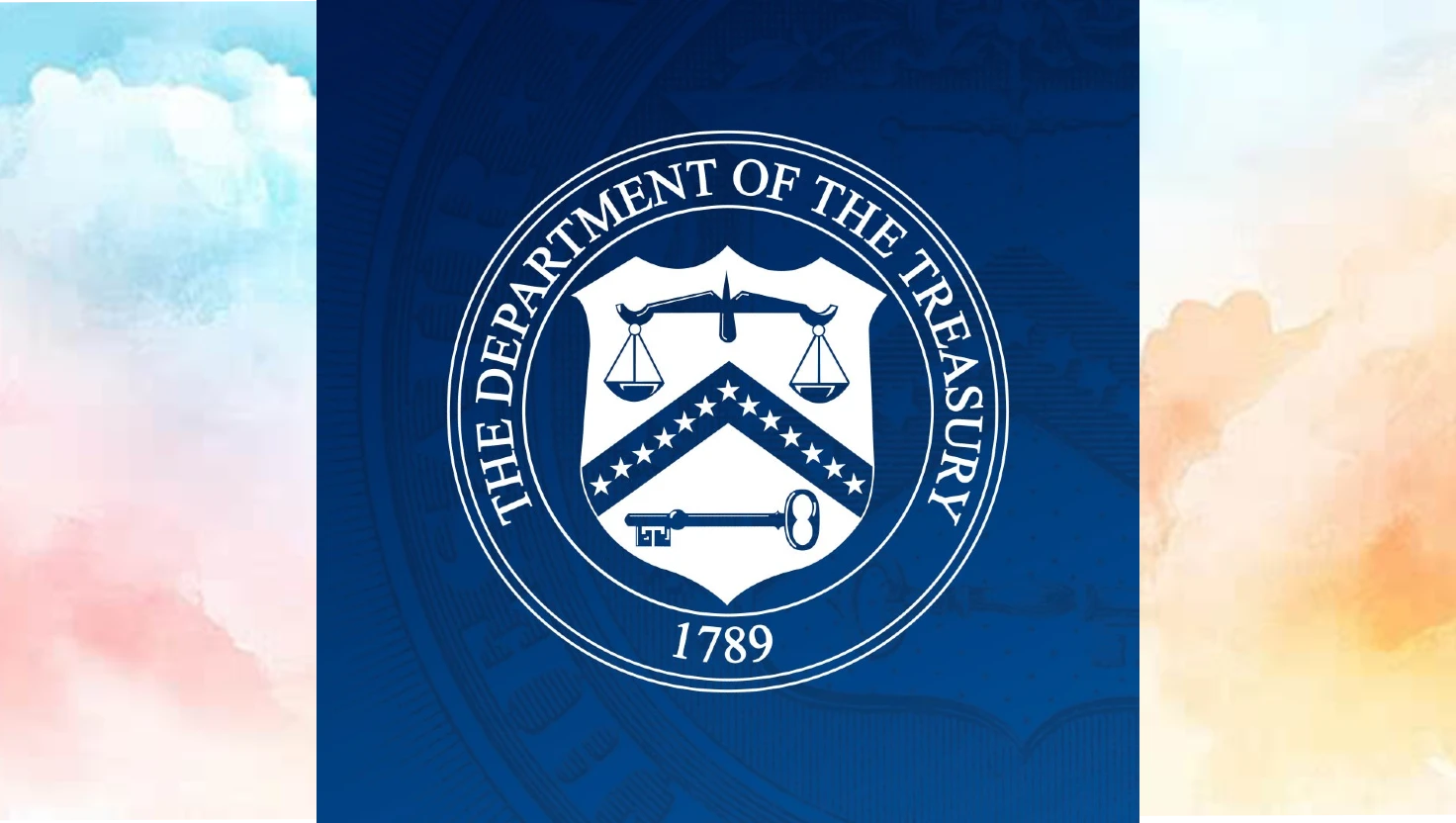U.S. Treasury Delays Anti-Money Laundering Rule for Investment Advisers

The U.S. Department of the Treasury's Financial Crimes Enforcement Network (FinCEN) announced plans to postpone the effective date of new regulations requiring investment advisers to implement anti-money laundering (AML) protocols. Originally set to take effect on January 1, 2026, the deadline has been moved to January 1, 2028.
The decision aims to ensure effective regulation that balances the costs and benefits for the investment advisory industry. The proposed rule, known as the Investment Adviser Anti-Money Laundering Rule (IA AML Rule), addresses the risks posed by illicit finance, particularly from foreign adversaries and criminal elements attempting to misuse the U.S. financial system.
FinCEN recognised the diverse business models and varying risk profiles within the investment adviser sector, stating that the regulation must be tailored accordingly. The postponement is expected to ease compliance costs for advisers and reduce uncertainty while FinCEN conducts a comprehensive review of the proposed AML requirements.
The agency will engage in a prescribed rule-making process to formalise this extension. In the interim, it plans to provide regulatory certainty by issuing exemptive relief to lessen compliance burdens.
Gail Bernstein, general counsel at the Investment Adviser Association (IAA), expressed gratitude for FinCEN's responsiveness to the industry’s concerns regarding the original timeline and the rule's potentially broad scope.
"We appreciate FinCEN’s consideration of the many concerns we have raised with the short compliance timeline and the overbroad scope of the rule," Bernstein stated.
FinCEN also indicated that the existing rules could undergo substantial revision during the delay.
"During the delayed effective date, FinCEN intends to revisit the substance of the IA AML Rule through a future rule-making process," the agency noted in its announcement.
In addition to the AML rule, FinCEN plans to reassess a related rule in collaboration with the Securities and Exchange Commission (SEC), which is expected to require investment advisers to establish customer identification programs.
The initial proposal for the IA AML Rule was introduced in March and received final approval in August, driven by a series of identified illicit finance threats linked to investment advisers. These threats included risks associated with foreign parties, notably from China and Russia, attempting to gain technology from early-stage companies by utilising venture capital funds.
FinCEN highlighted that investment advisers serve as potential entry points for illicit financial activity into the U.S. economy, facilitating activities such as fraud, tax evasion, and dealings with sanctioned individuals.
Advocates for the industry, like Bernstein, have argued that the original rule was excessively broad and could impose undue compliance burdens, particularly on advisers with minimal risk profiles. She has called for a more targeted approach, especially for advisers who do not hold client assets or execute transactions.
"Advisors generally do not present significant AML risk, in our view," she added. Bernstein has emphasised the importance of tailoring any new regulation to identify and address critical gaps in existing AML frameworks, preferably excluding low-risk adviser-client relationships, such as those linked to retirement plans.
Experts anticipate that FinCEN is likely to revise the rule rather than abandon it altogether. Ashley Farrell, director and leader of financial crimes solutions at Baker Tilly, noted that despite the reprieve, substantial regulatory changes are still on the horizon.
"The delay of the AML rule may be a welcome pause for the industry, but it’s unlikely to lead to a complete rollback of these requirements, as this has been over 20 years in the making," Farrell remarked.
As the situation evolves, industry stakeholders remain vigilant about the implications of the upcoming changes and the need for a balanced approach to regulation.

Guatemala modernizing money laundering laws to avoid international sanctions

Turkish Crypto Platform ICRYPEX Under Investigation for Money Laundering

Italy seizes €486 000 in investigation into money laundering

UK Sounds Alarm on New Money Laundering and Terrorist Financing Threats




